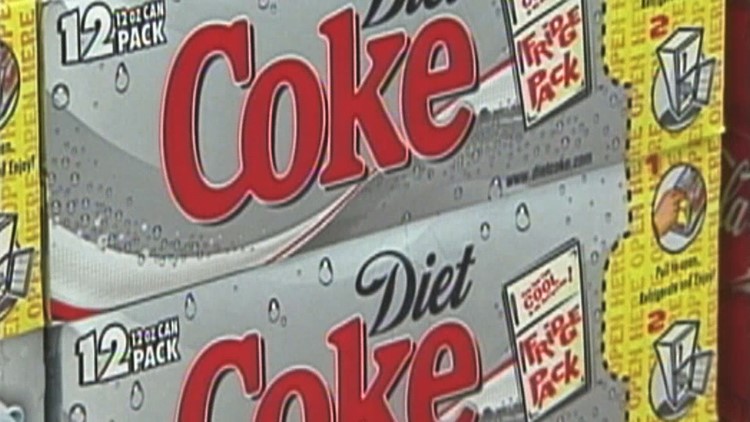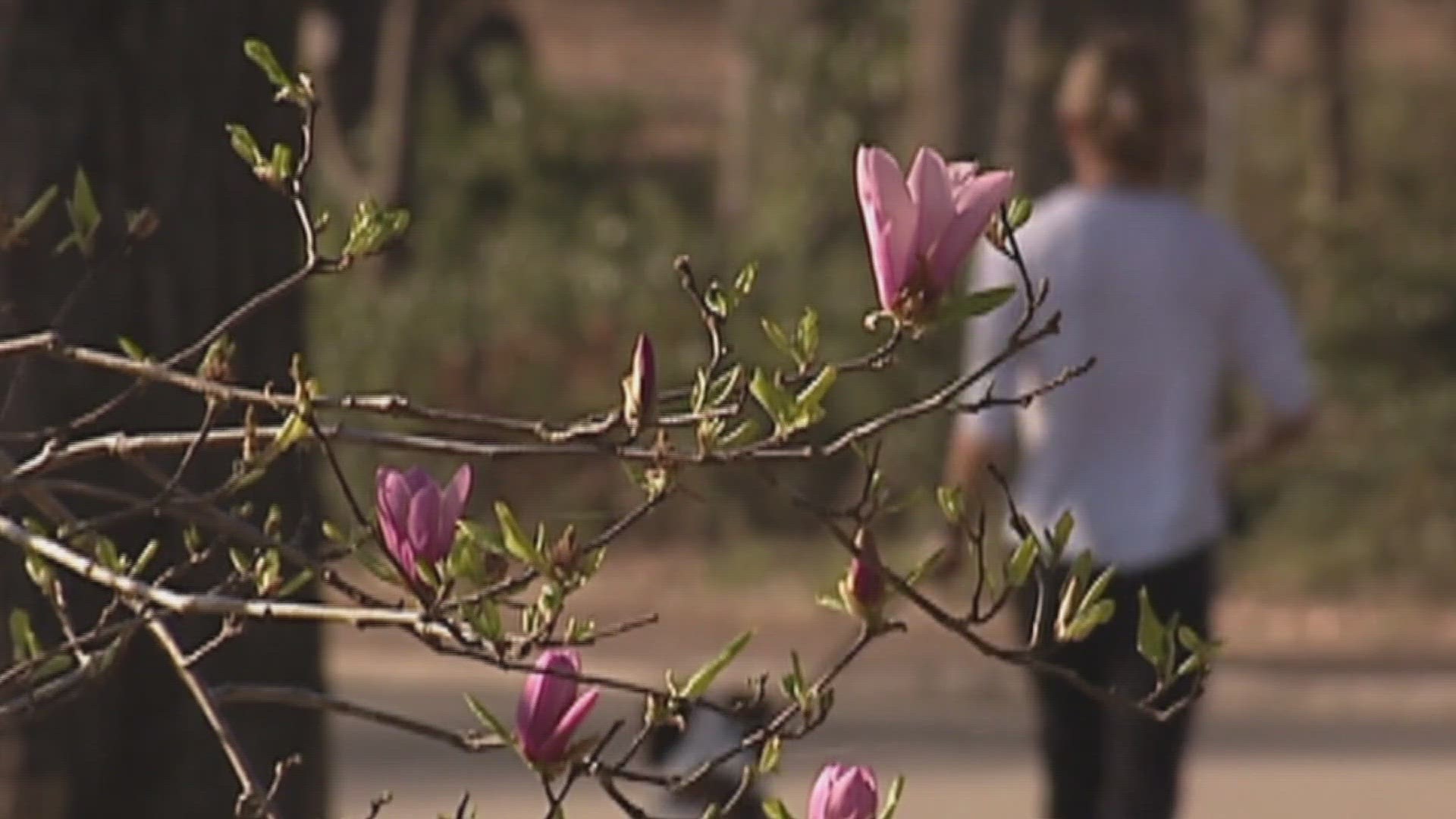KUSA — A new American Heart Association Advisory was just released Monday on low calorie sweetened beverages. These are drinks that contain sweeteners like saccharin, aspartame, acesulfame-K, sucralose, neotame and advantame.
What are the low and no-calorie sweeteners included in this Advisory?
The Food and Drug Administration has given most of the low and no-calorie sweeteners, that go by tradenames like Nutrisweet, Sweet & Low, Splenda “GRAS” status, which means the FDA considers these additives as “generally recognized as safe.”
The Advisory includes sugar-free and diet drinks, coffees/teas and other beverages with low and no-calorie sweeteners. There is a growing amount of research showing a potential association between these sweeteners and stroke, heart disease and obesity. But, there are a lot of other variables that can also cause these conditions. So, the AHA is taking a step to make people aware and consider switching to water and other beverages that don’t include these sweeteners.
What are some of the major findings from this Advisory for children?
Children should definitely not be drinking anything that contains these sweeteners. The rationale is that these sweeteners are often times much sweeter than sugar alone. Also, there is mixed data suggesting that in adults these sweeteners are linked to obesity, metabolic syndrome, heart disease and stroke, so we should not be giving this to children, who would have an even longer period of exposure potentially.
The AHA recommends sticking with water first, then low-fat milk, fruit-infused waters and unsweetened teas. And of course, limiting the sugar-filled beverages like juices and regular sodas of course as well, as these extra calories are definitely linked to higher rates of obesity in children.
Many people put these sweeteners in their morning coffee and tea. What should adults be thinking about?
The FDA is in charge of determining the safety of these sweeteners. The AHA does not participate in the GRAS status determination. But, there is enough research to advise people to limit the use of these sweeteners as they transition from sugary beverages to water. An occasional diet drink is also OK, especially if you are trying to cut calories and transition to water. But, most importantly, we still have a lot more to learn about the association between your heart and brain health, so it may be best to reconsider adding that sweetener to your drink.
- Water is always the best. Think about adding in fruit or seltzer if you want to liven it up.
- Drink that coffee or tea black. Ditching the cream and the sugar can cut back on unneeded calories (up to 70-100 calories per serving potentially).
- If you are trying to lose weight or transition from sugar-filled beverages, no and low-calorie sweeteners can be a good transition strategy.
- Avoid no and low-calorie drinks for your kids. Stick to water, milk and unsweetened beverages.
- Limit juices, sports beverages, and soda for kids. They are full of things like added sugar, artificial colors and caffeine, which we know are not good for kids.



